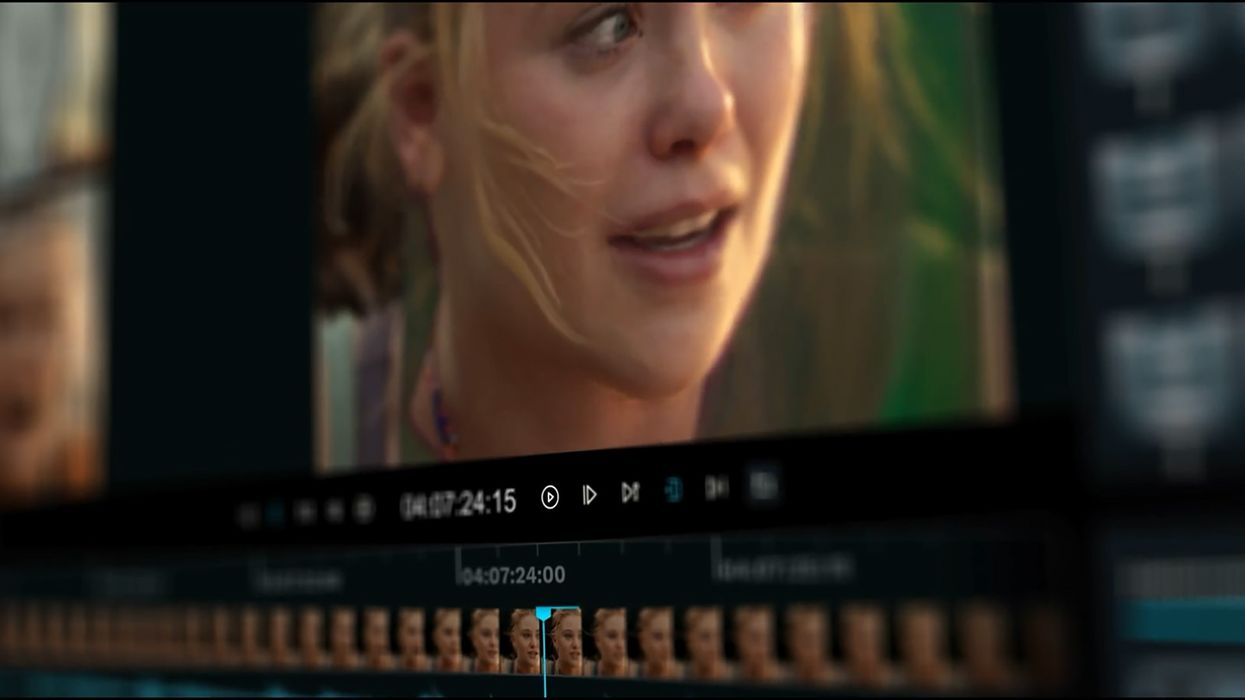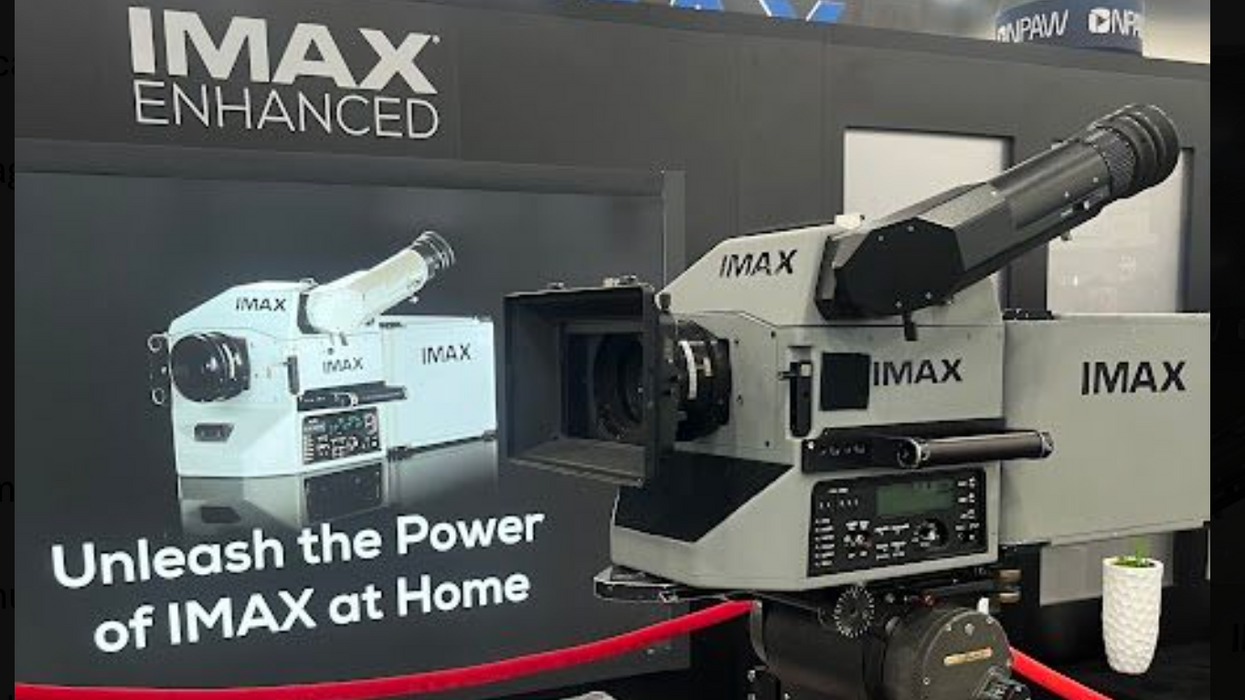‘Fall’ Shows Us Why AI-Powered Tools Are Crucial for the Film Industry To Succeed Internationally
To keep a PG-13 rating, the creative team behind 2022’s Fall had to digital replace expletive-filled dialogue. But the technology behind it is crucial for an international market.

A new boogy man is here. Tools powered by AI or machine learning are taking the creative world by storm, for better or worse. If you haven’t heard of this phenomena yet, welcome back from under your rock.
Beyond ChatGPT, Midjourney, and Stable Diffusion, AI was recently used in the 2022 film, Fall, directed by Scott Mann. There they used AI tools to digitally recreated an actors face to say “freaking” instead of “f**king.” So, thanks for that MPAA.
But the tech has far reaching benefits for films slated for an international audience.
Watch Your Profanity
In Scott Mann’s Fall, two girls climb a tower and get stuck. The vertigo inducing scenes make for a thrilling film that harkens back to the Hitchcock days. But in one scene, the character of Shiloh Hunter, let’s out a few profanity-laced lines to get her point across.
The scene works as it, but to get a PG-13 rating, Mann and his team were forced to replace the infamous F-word with another, more audience friendly version. Check the breakdown below:
\u201cThe crazy stuff I do at work... we use AI change up how films are made! @Flawlessai\nThis would be why I don't post on here much these days.\n#Filmmaker #filmmaking #ArtificialIntelligence\u201d— Sneaky Zebra (@Sneaky Zebra) 1674475774
As you can see above, the difference between the two F’s is barely perceptible. And that’s only because you’re seeing it side by side. If you saw the film in theaters, you wouldn’t have noticed. This is a far cry from the days where faces had to be digitally rebuilt.
So if you want to sugar coat your films for a better rating, and keep the bad language for the DVD release, there’s your option. However, the company behind Fall, which also did the digital dialogue replacement, has a more noble cause in mind.
A Flawless Dub
Flawless is the company behind the tech that replaced the expletives in Fall. It is also co-founded by the film’s director and actually specializes in what is now being called visual dubbing. Or “vubbing" if you want to be hip about it.
This is a technique that uses AI to digitally alter lip and facial movements to match different translations of a film’s dialogue track. If you happened to watch the video above in full, you would have seen examples of it on screen. Here's a demo of the tech from 2021 to show you how far it's come since then:
And that is where one of the real benefit of AI truly lies. To blur the line between original dialogue and the translation. But why is this so important? Isn't the current way of dubbing a film perfectly fine as is?
From Behind The Iron Curtain
I grew up on the other side of the iron curtain. My birth certificate says I was born in a city that no longer exists under that name. Back then, movies were an escape I always cherished and almost all of them happened to be foreign films that were dubbed.
However, the quality of these dubs were watchable at best. Not because they were bad movies, but because the new dialogue never managed to sync to the actors (or even the background audio).
When I finally found a home in the state, I was enthralled by the 80s and 90s movies coming from Hong Kong. All of which were also dubbed. The quality was a million times better but still required a bit of imagination on my part.

Seeing how Flawless utilizes this new technology to make a…well, flawless visual dub, gives me hope that AI tech will find a positive use in our industry.
When immigrants and international viewers watch a film in their native language and aren’t able to tell it wasn’t filmed that way, is an outstanding step forward for equalizing the boundaries that separate us. Iconic characters to be that would have been labeled as American, British, Or German, can now feel more familiar when they speak your mother tongue.
To those who never had to deal with a bad dub, this might not seem like a big deal. But let me tell you, when someone young watches a movie and hears their own language spoken back as if the actor was a native speak, that does wonders.
What do you think? Is this tech something you’d get behind? Either way, tell us in the comments!
Source: Sneaky Zebra












